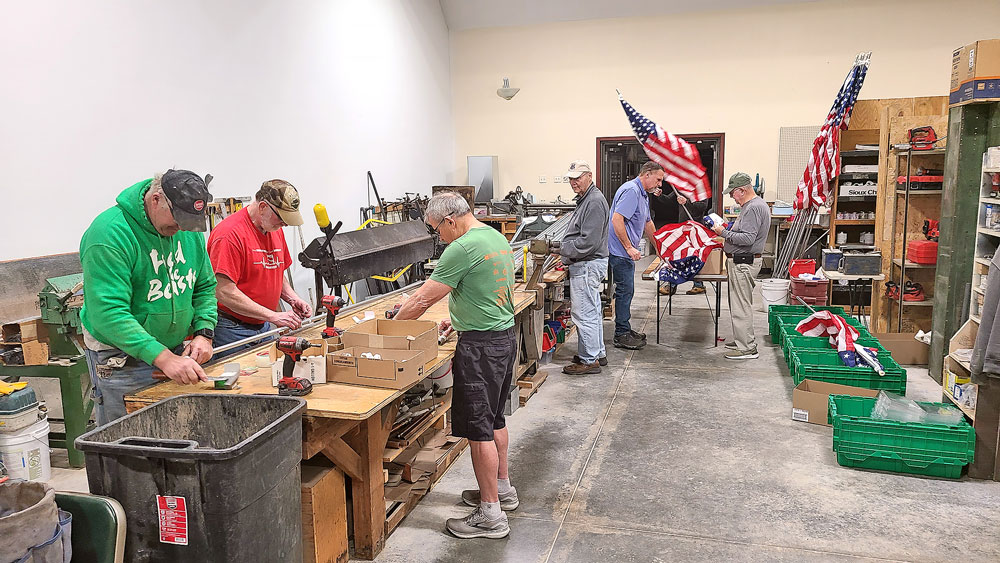School district, unions agree to contract terms
By James Grob, jgrob@charlescitypress.com
The process is no longer contentious, and the negotiations are no longer adversarial.
For the third consecutive year, the Charles City Community School District administration and the teachers and support staff unions implemented “interest-based” bargaining and were able to come to terms quickly and painlessly.
“The relationship with the district is much better than at times in the past,” said Tyler Downing, representing the Charles City Community Education Association (CCCEA). “It takes a lot more time, but this is definitely a better way.”
The initial exchanges took place last Wednesday morning. The requests and offers were negotiated in private on Wednesday and Thursday, and the agreements were unanimously ratified by the school board at a special meeting on Friday.
The district’s agreement with the CCCEA will advance the teacher step and lane and increase the regular program base by $172 and $195 to the teacher salary supplement base pay. Health premiums increased 3.9% and dental premiums increased 8.1% for a total package cost increase to the district of 2.48%.
The agreement with the Charles City Community Educational Services Association (CCCESA), support staff group advances the staff step and increases the wages 30 cents. The settlement is a 2.38% salary and a 2.60% total package increase which included a 3.9% increase to health insurance premiums.
Only wages were negotiated for 2021-22, since a three-year agreement on language was reached in 2019-20.
“My team and I collaborated with Superintendent Mike Fisher and the district’s open-minded, inspiring board members to reach a 2.6% overall package increase to our contract,” Julie Parker of the CCCESA said in a statement. “Due to the economy, the schools budget and the challenges of COVID, this is a considerate agreement with the district.”
When Mike Fisher was hired as superintendent of schools in 2018, he brought the interest-based bargaining process with him. He said the process goes away from the conflict bargaining of the past, where the parties come from different positions and essentially argue. He said the idea is to find common values and visions for all sides to move together collectively and “positively impact kids.”
“We have found a proactive process that works for everyone involved that takes everyone’s needs into consideration and we end with the win-win for our kids, school family, and community,” Fisher said. “We applaud all of the committed leaders who are part of this process.”
Downing said that there have been lots of meetings and discussions throughout the year, particularly in regard to how to keep the district’s insurance plan sustainable for the future.
“We’ve been working on the insurance issue with the district since October, because we knew that was going to be a tough one,” Downing said. “It obviously was a difficult year with insurance, and that’s nobody’s fault, but the raising cost of health care is crazy. We had to balance that with raises.”
Downing said he believed the negotiations accomplished what needed to be accomplished.
“We had to make some tough decisions this year, but I think we came to a good conclusion in the end,” he said.
The teachers and the staff are at the mercy of the district when it comes to health insurance. State collective bargaining rules adopted three years ago limit negotiations to only base wages for many public employees. For teachers, Iowa law now does not allow collective bargaining for such things as insurance coverage, staff evaluation procedures, voluntary and involuntary transfer rules and staff reduction decisions, along with some others.
Many other items are allowed to be bargained for, but are optional at the discretion of the employer, in this case the Charles City school board.








Social Share